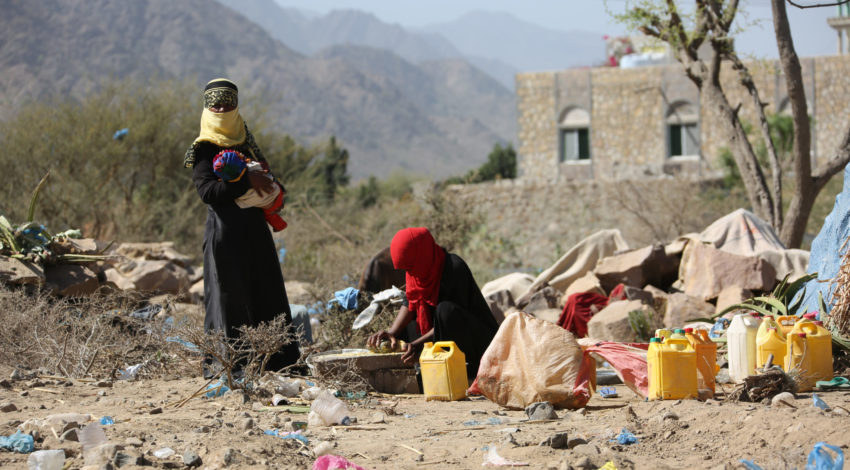The humanitarian crisis in Yemen, fuelled by relentless conflict and economic collapse, has created dire conditions for migrants seeking better lives. Migrants from the Horn of Africa, specifically Ethiopia, driven by poverty and hopelessness, continue to arrive in Yemen, only to face severe abuses, starvation, and sometimes death.
Many migrants, unaware of the war and harsh realities in Yemen, embark on perilous journeys. This year, the number of migrants arriving has already surpassed last year’s figures, which were around 90,000, according to the International Organization for Migration’s Displacement Tracking Matrix.
Migrants face severe human rights abuses, including physical and sexual violence, arbitrary detention, and forced labour. The story of Aida, an 18-year-old Ethiopian woman, highlights these atrocities. After her parents’ death, she set out to support her siblings but was held and abused by her smugglers. Such stories are common, with many women experiencing gender-based violence, leading to psychological distress and unwanted pregnancies. Migrants who pay smugglers often face extortion for more money upon arrival in Yemen. Those unable to pay are subjected to forced labour or other exploitation by the smugglers, the latter also frequently record abuse to coerce the migrants’ families into paying a ransom, with no guarantee that they will be released. The conditions in which these migrants are detained are inhumane: a devastating fire in a Sana’a detention facility in 2021 highlighted these dangers, killing dozens and injuring at least 170.
Humanitarian organisations report that hundreds of migrants are forcibly transported within Yemen, facing limited options: risk the perilous journey to Saudi Arabia or attempt to return home, knowing that Saudi Arabia is by no means welcoming, as the tragic massacre last summer documents, with at least 45 migrants murdered at the border of Yemen with Saudi Arabia.
The International Organisation for Migration (IOM) provides a lifeline for migrants, assisting those who wish to return home through Voluntary Humanitarian Return flights. However, greater resources are urgently needed to support these efforts and alleviate suffering. Initiatives like the Regional Migrant Response Plan for the Horn of Africa and Yemen require substantial funding to save lives and protect the most vulnerable.
The severe human rights abuses faced by migrants in Yemen should be condemned by the international community. Urgent action is needed to provide protection, support, and safe passage for these vulnerable individuals.

